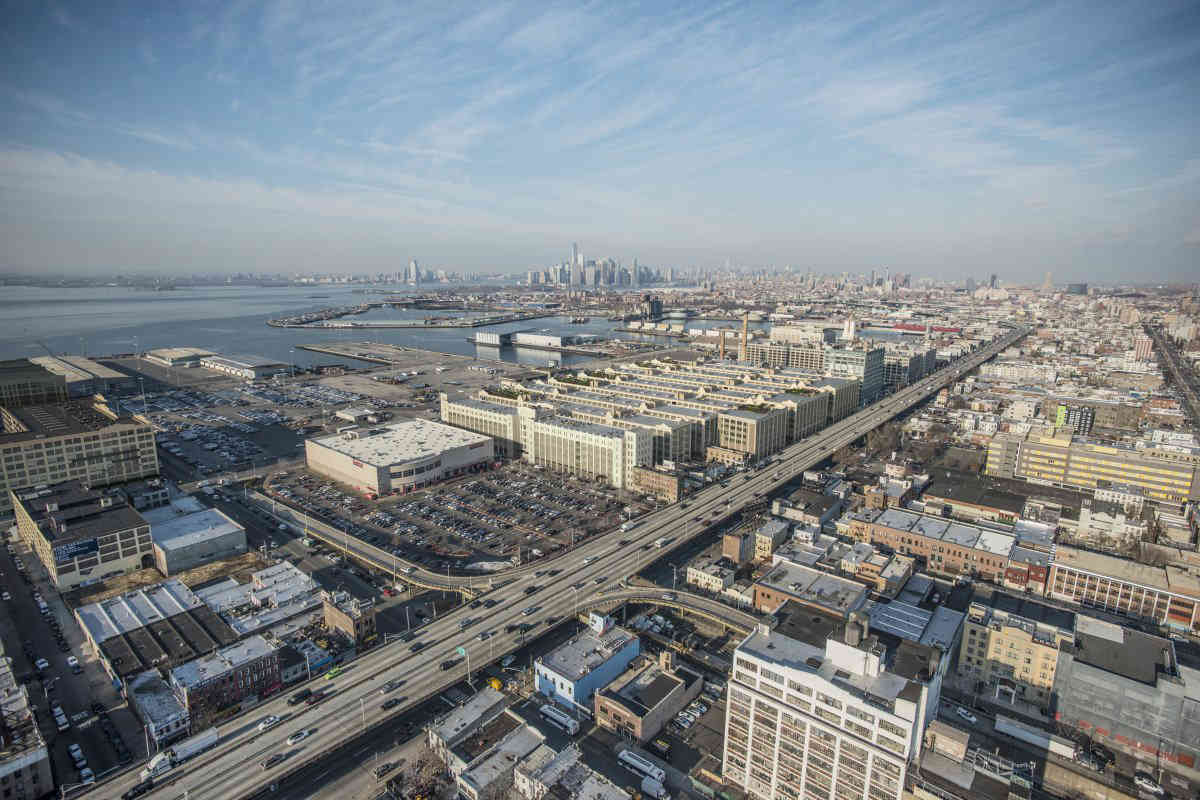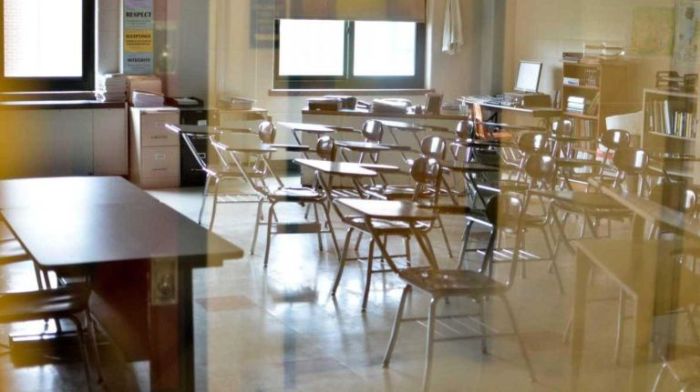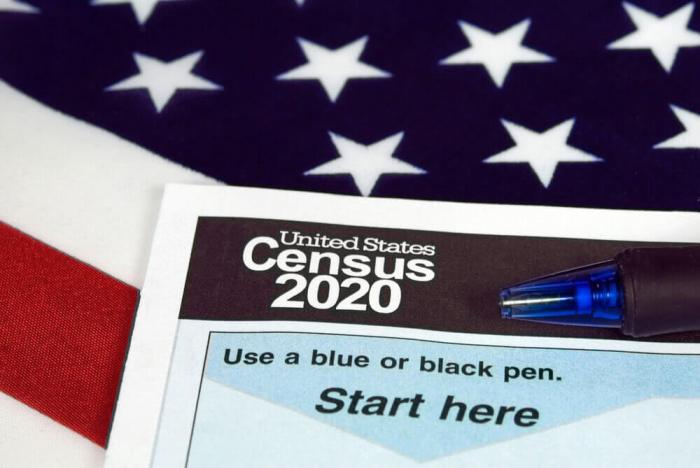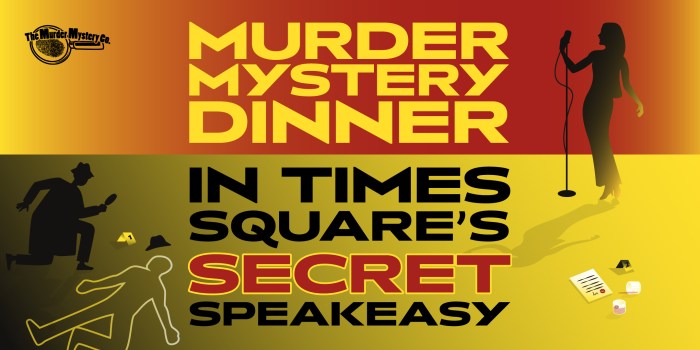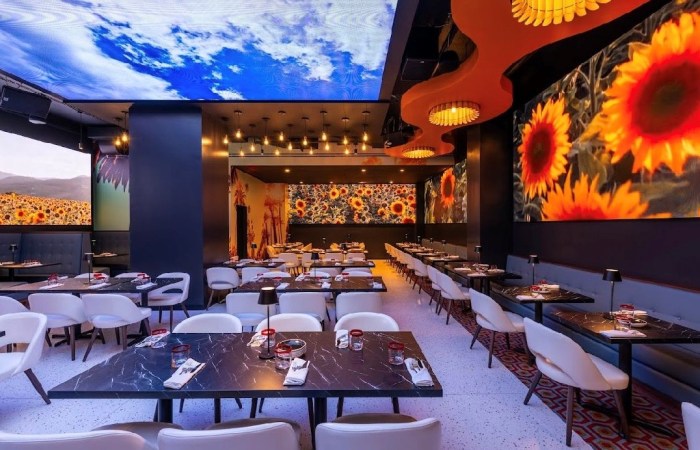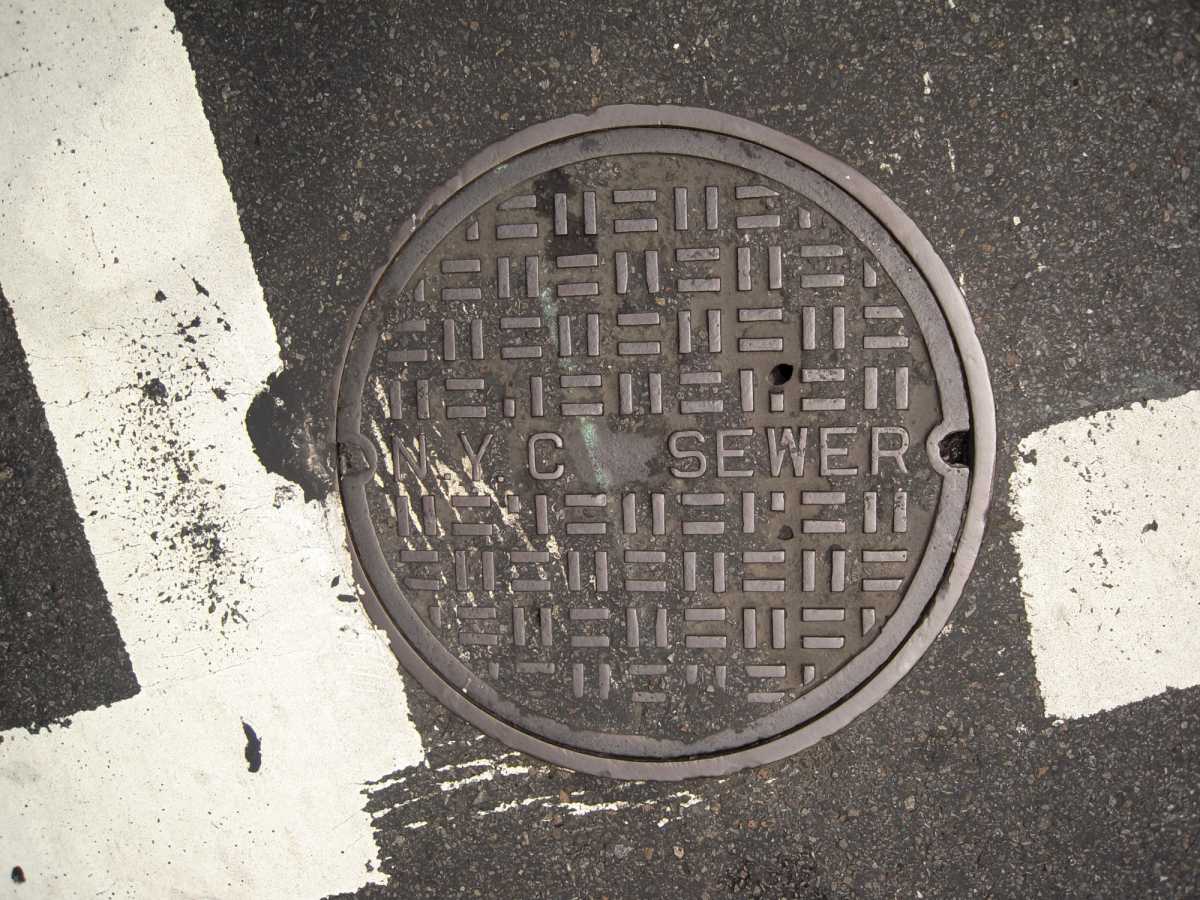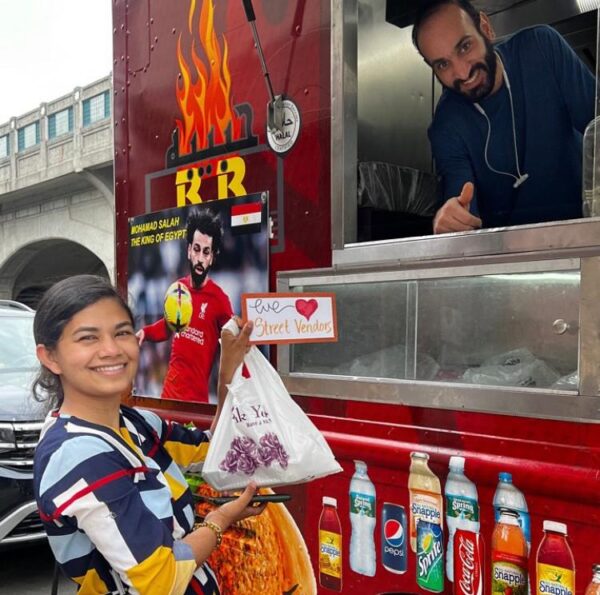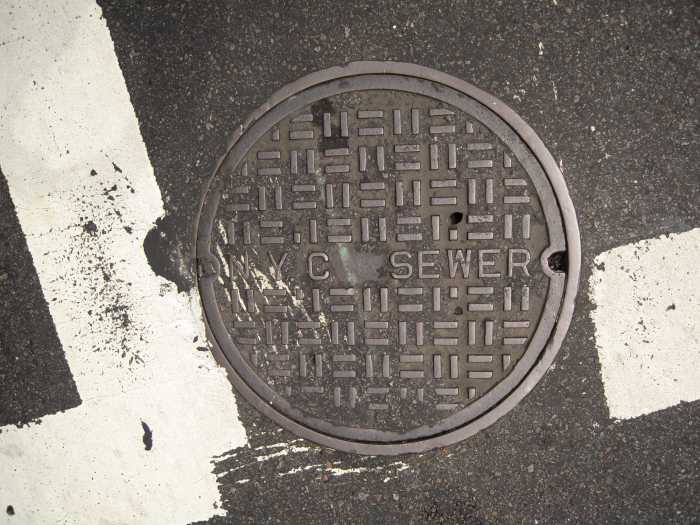By Nelson Santana
No matter what side you land on in the Industry City rezoning, the debate over the plan’s merits made clear that our Sunset Park community is in dire need of new housing–especially affordable units.
I have watched the evolution of the neighborhood with both pride and concern for my entire life. My family established its roots in Sunset Park with my parents immigrating to the United States in the 1970s. After living in Red Hook for some time, I am back in the Sunset Park community with my own growing family.
Of course, I am not surprised that the developers of Industry City recognized the potential that exists to create a new economic opportunity. To be clear, I am not a huge fan of the proposed Industry City rezoning. There was a real threat of displacement that could have impacted my family and my neighbors. A threat that existed because there is not nearly enough housing in this community for those of us who have watched it grow and change over the years.
Long before the Industry City rezoning was even a possibility, our neighborhood already faced gentrification and displacement. Not because of any new development, but because of a lack of it–there has been a remarkable lack of creating much-needed housing in the community. This is a salient point that seems to have gotten lost in the back and forth.
A recent report by Fifth Avenue Committee highlighted that our neighborhood’s population has grown steadily in recent years. Between 2010 and 2018, Community Board 7, which encompasses Sunset Park, grew by nearly 18,000 residents. Meanwhile, the creation of new housing here has not kept pace. Only 1,000 new housing units have come online since 2014, and the community overall has actually experienced a net loss in units.
In the best of times, the government might be seen as a potential benefactor to step in and deliver funds to help address this critical need for housing.
But these are not the best of times. Reeling from the effects of the pandemic, our government at the state and local level are completely broke. And with the dysfunction in Washington at an all-time high, it is clear we have to look beyond the public sector for help.
There is a glaringly obvious solution, which I know some of my neighbors find controversial–even sacrilege. We need private development to create more affordable housing.
We need to build, build, build more housing.
Right now, there is already a viable project waiting in the wings that could start to help. The Community Board is holding their official public meeting Thursday night on a proposal to turn a current Dunkin’ Donuts parking lot into new housing for the neighborhood.
Nobody is getting displaced by this project. It is not being built over former residences or on top of an industrial site. In fact, the site at 737 4th Avenue sits on top of an R train stop–exactly where you should build housing–and would bring 140 new units of housing to the community, with 35 of them being permanently affordable.
Most important, this much-needed housing can be delivered without any public funds. The private developer is footing the bill. All they need to move forward is for the City Council to approve a rezoning of the block where the site is located, which happens to sit directly across the street from lots that have the zoning required for what they are seeking to build.
This is exactly the type of project we need to help keep my neighbors from getting displaced. And while we do not need the government to open their pocketbooks to fund it, we do need our elected officials to open their eyes to the fact that the problem of displacement is not going away without some sort of action.
To date, I have not heard of a single tangible proposal from our elected officials to address the housing crisis in Sunset Park. I have heard a lot of no, and very little yes.
Now, we need to use all the tools available to us to build affordable housing, and that includes working with the private sector to create real immediate-term solutions, before all my neighbors are driven out and the neighborhood becomes unrecognizable to those of us that grew up here.
Nelson Santana is a Sunset Park resident.



